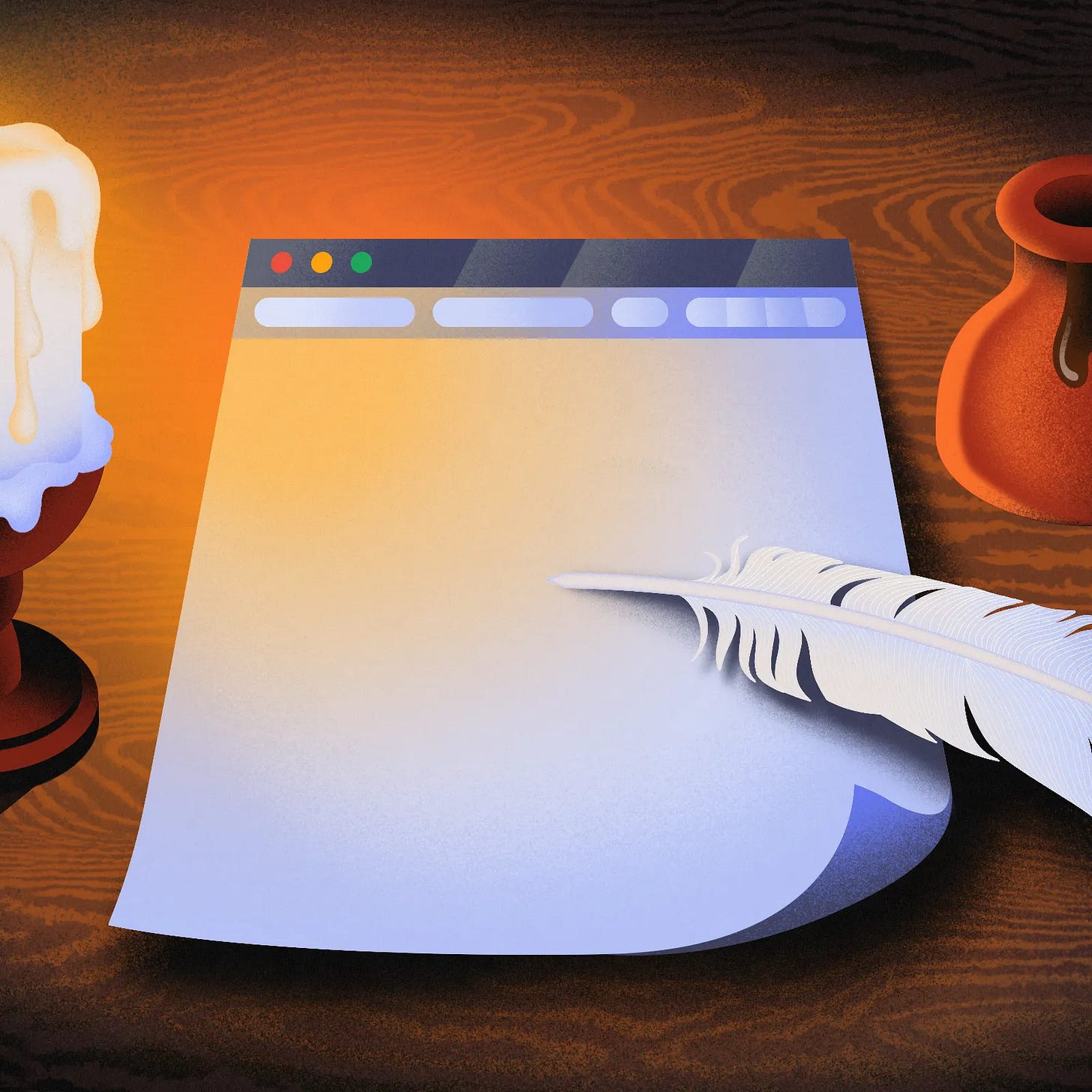The bare-bones Mac writing app represents a literalist sensibility that is coming back into vogue as A.I. destabilizes our technological interactions.
Amid the accelerating automation of our computers—and the proliferation of assistants and companions and agents designed to execute tasks for us—I’ve been thinking more about the desktop that’s hidden in the background of the laptop I use every day.
I trust in TextEdit. It doesn’t redesign its interface without warning, the way Spotify does; it doesn’t hawk new features, and it doesn’t demand I update the app every other week, as Google Chrome does. I’ve tried out other software for keeping track of my random thoughts and ideas in progress—the personal note-storage app Evernote; the task-management board Trello; the collaborative digital workspace Notion, which can store and share company information.
Each encourages you to adapt to a certain philosophy of organization, with its own formats and filing systems. But nothing has served me better than the brute simplicity of TextEdit, which doesn’t try to help you at all with the process of thinking.
Read more | NEW YORKER

